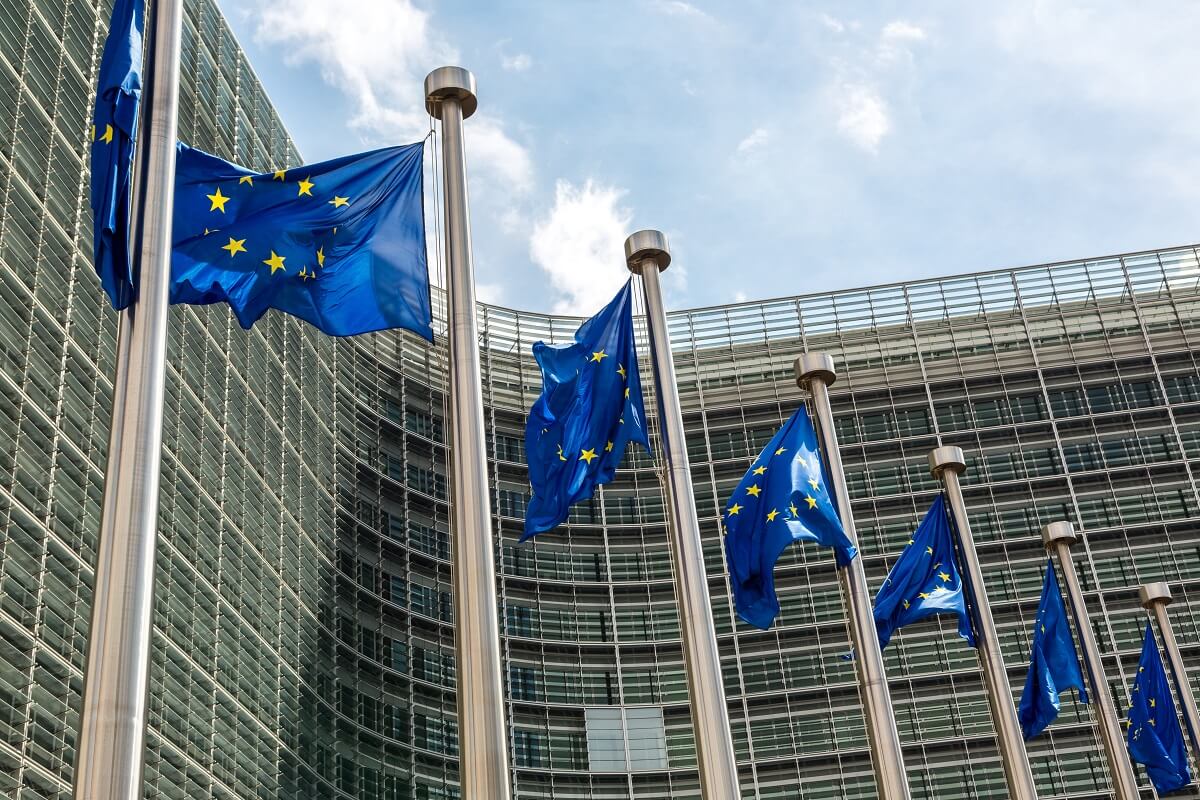
EU Introduces Groundbreaking Crypto Regulations
The European Union has taken a significant step forward in cryptocurrency regulation with the introduction of new data-sharing rules effective as of January 1, 2026. This comprehensive framework is designed to enhance visibility over cryptocurrency activities and tighten regulatory oversight across the region.
New Standards Under DAC8
At the core of these changes is the updated Directive on Administrative Cooperation, also known as DAC8. The directive mandates crypto exchanges, wallet providers, and other digital asset operators to report customer holdings and transactions in a standardized format. These reports will then be automatically shared among EU tax authorities, enabling real-time monitoring of crypto flows and trading activities.
A Centralized Registry for Crypto Operators
Another key feature of the regulation is the introduction of a Crypto-Asset Operator Register. Each service provider will be assigned a unique 10-digit identification number for streamlined cross-border supervision. Even if an operator is removed from the registry, their records must be retained for up to 12 months to ensure oversight continuity.
Elevated Privacy Concerns
While the regulation primarily aims to curb tax fraud, financial crime, and market abuse, it has raised significant privacy concerns among crypto users. Coupled with the Transfer of Funds Regulation, which applies the “travel rule” to crypto transactions exceeding €1,000, users may now be required to identify themselves and verify wallet ownership. This offers unprecedented transparency into trading behaviors but creates heightened privacy worries.
How Crypto Firms Must Adapt
Large crypto service providers must now implement extensive customer due diligence processes and report suspicious activities as part of their compliance. Additionally, these operators are required to disclose their operational energy consumption, aligning with broader EU sustainability goals.
The Debate Around Centralized Oversight
The European Securities and Markets Authority (ESMA) has been granted direct supervisory authority over larger exchanges and clearing houses. While this decision is praised for promoting consistent oversight, smaller countries and financial hubs, such as Malta and Luxembourg, worry that it could increase compliance costs and reduce their competitive edge.
Why This Matters for Investors?
For cryptocurrency investors, this evolving landscape means greater security and stability, but it also highlights the importance of choosing reputable platforms with strong compliance frameworks. A regulated platform like eToro offers transparency while facilitating safe trading and investments across Europe.
Conclusion
The EU’s new regulations aim to strengthen oversight and accountability in the cryptocurrency sector, addressing long-term concerns about fraud and market abuse. However, they also come with potential privacy trade-offs for users. As the rules are rolled out, businesses and investors must stay updated to ensure full compliance within this new regulatory era.





